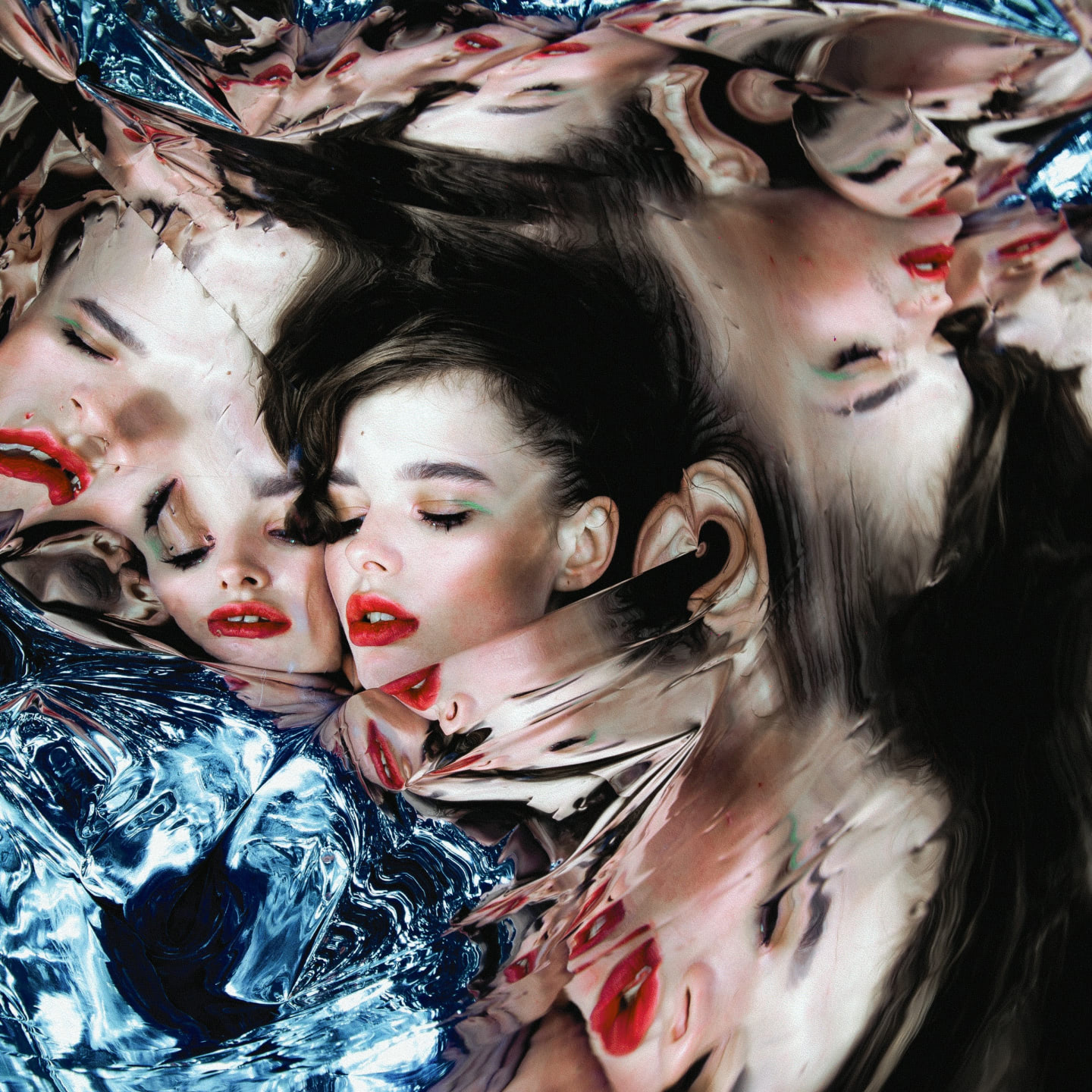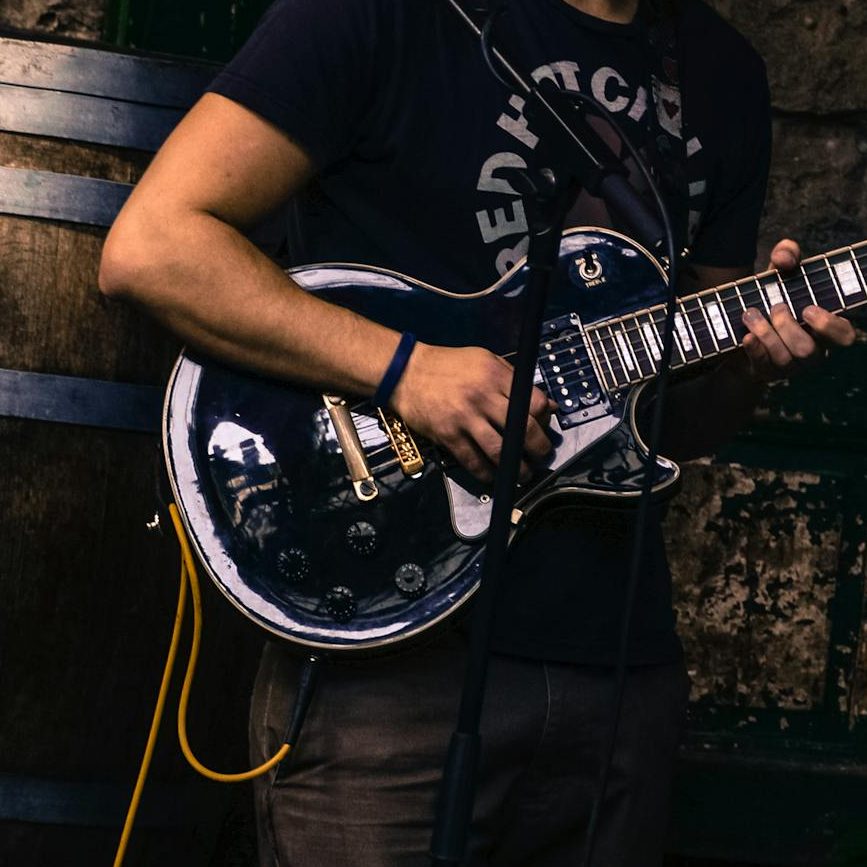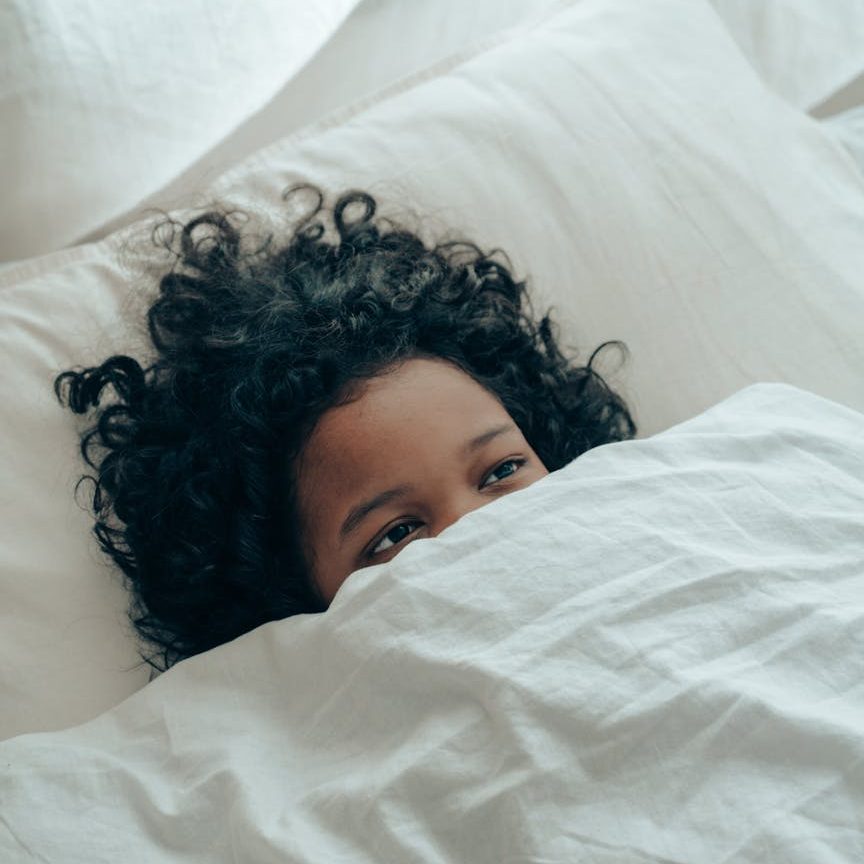
I Have Dermatophagia: I Hide My Hands in Public|Sometimes wearing gloves can help deter nail biting for people with dermatophagia.
I Have Dermatophagia: I Hide My Hands in Public|Sometimes wearing gloves can help deter nail biting for people with dermatophagia.
I Have Dermatophagia: I Hide My Hands in Public
I slid into the booth beside my friend at the high school cafeteria. Another student joined us, a girl I'd only met briefly in history class. I lifted a spoonful of applesauce to my mouth, and the girl's eyes widened. "Oh my god, what happened to your fingers?" Looking down, I saw the blood pooling around two of my cuticles. Instinctively, I dropped my hands to my lap and curled my red-stained fingers into my palm. "It's nothing," I said. "Just a paper cut."This wasn't a first for me. I'd been chewing my cuticles for as long as I could remember. Maybe because I was a shy, insecure child. I was convinced that I was the only kid on the planet who had the weird habit of gnawing on my own skin. And, of course, those assumptions only compounded my sense of self-loathing. My family joked about my "bad habit"—one that I shared with both my mother and older sister at home. Mom nibbled on her nails whenever she watched television or read a book. My sister often picked the heels of her feet when we stayed up late to chat about boyfriends and school. I was comfortable walking around the house with my fingertips raw and sore, but in public, I felt tremendous shame for what I considered a gross habit and an inability to control it. It was my dirty little secret during a time when peer pressure to fit in was paramount. Yet no matter how much I wanted to be visible on campus, I couldn't stop the compulsion to gnaw on my skin, leaving it bloody, discolored and, at times, infected. I adapted by wearing clothes that had pockets to hide my hands, and I was always careful to keep my fingers curled under with the thumbs tucked in. However, if I forgot and accidentally allowed my hands to be seen, someone would inevitably grab my fingers and ask what happened. So I got really good at lying about it—“I accidentally cut myself while cooking,” “The cat scratched me,” or, “My fingers got scraped up while I was working in the garden.” This was easy enough to do, but it also interfered with simple day-to-day actions such as shaking someone's hand, holding utensils, eating, checking my phone or tapping away on my laptop.
I pick and chew my cuticles to relieve stress or simply to soothe myself when I'm bored, anxious, angry or hungry.
I’m Uncomfortable Thinking of This as a Disorder
The stigma surrounding OCD behavior made me feel shame and embarrassment about my hands until recently, when I learned that there was a name for my compulsion, and I have mixed feelings about this. It's a relief to know that I'm not the only one with this distressing habit, but also, labeling it as a disorder just adds to the growing list of other disorders on my plate (anxiety, depression, phobias, etc.). The condition is called dermatophagia (compulsive biting and chewing of the skin, especially around the fingers), and it's a relatively new concept in the mental health field. Classified as body-focused repetitive behavior (BFRB), it is related to obsessive-compulsive disorder. There are multiple causes for the behavior, including genetics, physical disorders, hormones or psychological issues. Interestingly, it's also more prevalent among females, beginning around puberty. Dermatophagia, dermatillomania (skin picking) and trichotillomania (hair-pulling) fall under the same umbrella of BFRB and OCD. Each is a form of self-mutilation but an unintentional one. I pick and chew my cuticles to relieve stress or simply to soothe myself when I'm bored, anxious, angry or hungry. Most of the time, though, I'm not even aware that I'm doing it until I feel pain around the nail and my cuticles turn bloody. I've been doing this for so long that the tissue damage has affected my nail growth, leaving them thin, brittle and bumpy. I've tried many tricks to stop the behavior—nail polish, topical ointments, wearing rubber gloves around the house and even covering my fingertips with Band-Aids when I'm out in public. Since much of this behavior is linked to OCD, doctors usually recommend cognitive behavioral therapy, as well as habit reversal training. There is also a bevy of medication designed to treat anxiety and depression. Supposedly, they help control the impulse to bite and pick. But for me, these are only temporary measures. The temptation to nibble exceeds the pain and embarrassment of torn cuticles. The compulsion is even stronger when I'm anxious or trying to lose weight—I soothe myself by chewing my fingers rather than loading up on fattening comfort food. Mostly, I gnaw on my cuticles while I'm watching television—just like my mother did. Unfortunately, my adult kids inherited my OCD behaviors. They grew up watching me mirroring my mother's habit, and now, two of my kids bite their cuticles, one knots and pulls out her hair and the other picks the skin on his arms and legs until it bleeds. Luckily, we can joke about it, and my kids know they're not alone dealing with this kind of compulsive behavior. In fact, we can always tell one another's current mood by the condition of our skin. When my daughter catches me chewing at my cuticles, she asks, "OK, Mom, what's bugging you?" My kids are used to seeing me with fingers that look like small rodents have been gnawing on them.

There is even a nickname in the mental health community for people like me: wolf biter.
I’m Glad to Know I’m Not Alone
It's ironic how nail-biting is socially acceptable as a means of coping with stress, but biting the skin around the nail until it bleeds? Not so much. People who don't understand the compulsion find it weird and disgusting. There is even a nickname in the mental health community for people like me: wolf biter. The nickname was given because of the way wolves eat, tearing at flesh one piece at a time. Gross, I know, but oddly, I prefer this term over being labeled as a person with a psychological disorder. Sadly, there is no cure for dermatophagia, although some say acupuncture, meditation and hypnosis helps. I have yet to explore these options, but until then, I need to figure out the root cause of my behavior and understand why chewing and picking pacify me.Now that I know there are many others just like me—wolves in a pack—I've come to accept my condition. Of course, I'll continue to work at keeping my fingers as chew-free as possible, but I also know how difficult this habit is to break because it can never be truly broken. And I'm okay with that—as long as this wolf biter doesn't start howling at the moon.











